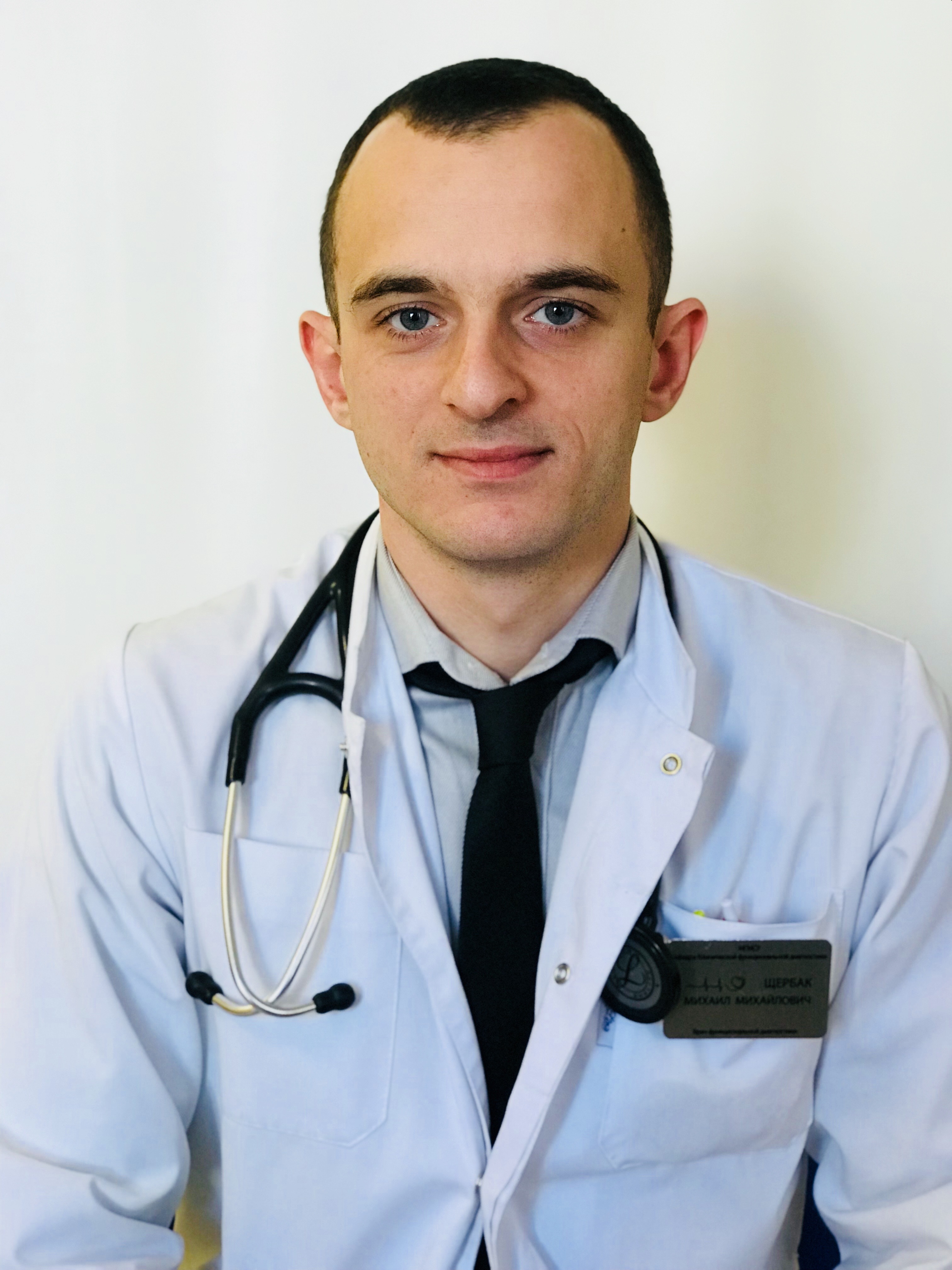

IX Scientific Congress of BgDA Sofia region Sofia
Approaches and risks in dental therapy on patients with cardiovascular problems
Patients with certain cardiac diseases treatment of patients with teeth – is a direct indication. It helps to prevent complications, which is especially important if the patient is shown cardiac surgery. However, why are often such patients are without proper attention from dentists and do not always receive timely assistance?
The refusal of dentists in most conventional clinics to take up the treatment of patients with cardiac diseases is primarily due to the fear of the doctor himself that something may happen to the patient during treatment. Secondly, local anesthesia preparations used in dentistry contain substances that affect the heart, which further guards and discourages the desire of the dentist to undertake dental treatment in such patients. Thirdly, a number of dental manipulations require the abolition of a number of serious drugs needed by these patients in connection with the main diagnosis. Well, in addition, in an ordinary dental clinic there is no possibility to monitor the current state of the heart (to conduct cardiomonitoring, monitor blood pressure, etc.) and there are no anesthesiologists who could provide the necessary assistance in case of complications from the heart.
It is for these reasons, if cardiac patients and dental care is provided, but not in an outpatient setting, and in the hospital. Of course, in severe cases – this is the only way, and it is absolutely justified. But a number of diseases, in particular, some heart defects, are formal and do not pose a threat to life.
Every dentist should be able to recognize the most common cardiac diseases and be able to provide first aid. However, in some cases, the dentist is unable to help the patient. This is due to the lack of theoretical and moral training of a specialist for an emergency. Often, the dentist, once faced with a cardiac patient and experienced a sense of panic and inability to control the situation, refuses to carry out treatment and anesthesia in these patients, entrusting them to another doctor.
All this can be avoided. Only need to know the "enemy"!!! To study the main cardiological diseases, emergency situations associated with them and features of their treatment.
Only when the doctor step by step knows each step in the event of an emergency, only then can he calmly and confidently conduct the reception of patients.
The most common diseases in cardiology and complications associated with them are hypertension, coronary heart disease and chronic heart failure.

Dr Mikhail Shcherbak
Full first and surname (capital letters): Mikhail M. Scherbak
Position held Assistant Professor Functional Methods in Internal Medicine
PROFESSIONAL BACKGROUND
Current position Assistant Professor Functional Methods in Internal Medicine
Moscow State University of Medicine and Dentistry
Previous position
2004-2011 State Budgetary Educational Institution of Higher Professional Education "Moscow State University of Medicine and Dentistry named after A.I. Evdokimov" of the Ministry of Healthcare of the Russian Federation Moscow. Russia
2011-2012 State University of Medicine and Dentistry. Internist Moscow. Russia
2014-2017 State University of Medicine and Dentistry. Post-graduate student. Moscow. Russia
EDUCATION
2017 - present time Assistant Professor Functional Methods in Internal Medicine. Moscow State University of Medicine and Dentistry Moscow. Russia
PROFESSIONAL DEVELOPMENT COURSES
2012 Therapeutics Moscow. Russia
2014 functional diagnostics Moscow. Russia
2019 Cardiology Moscow. Russia
CLINICAL TRIALS EXPERIENCE
COMPASS 2015-2019
TRAINING ON GCP
2015 GCP (NIDA Clinical Trials Network)
back to IX Scientific Congress of BgDA Sofia region Sofia